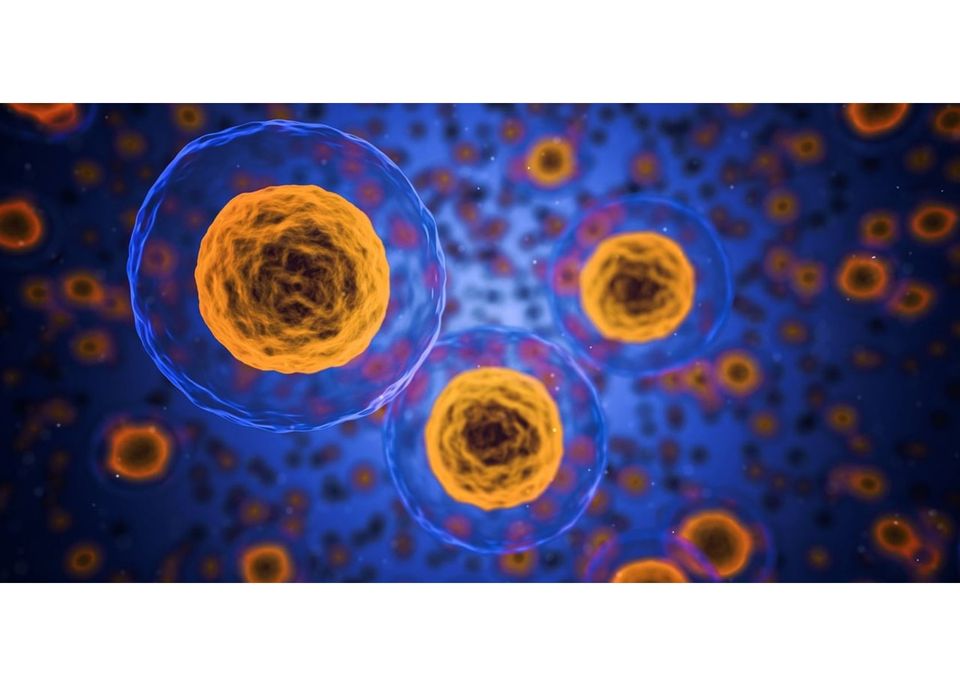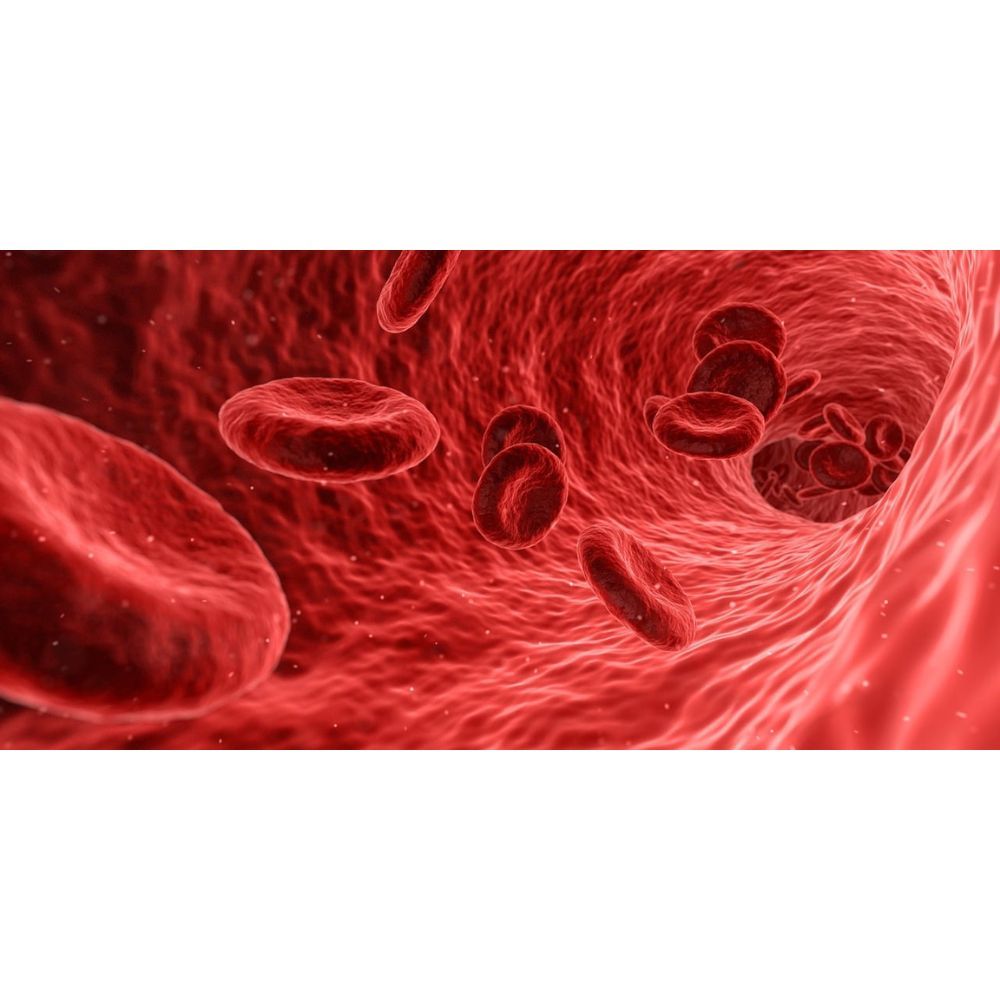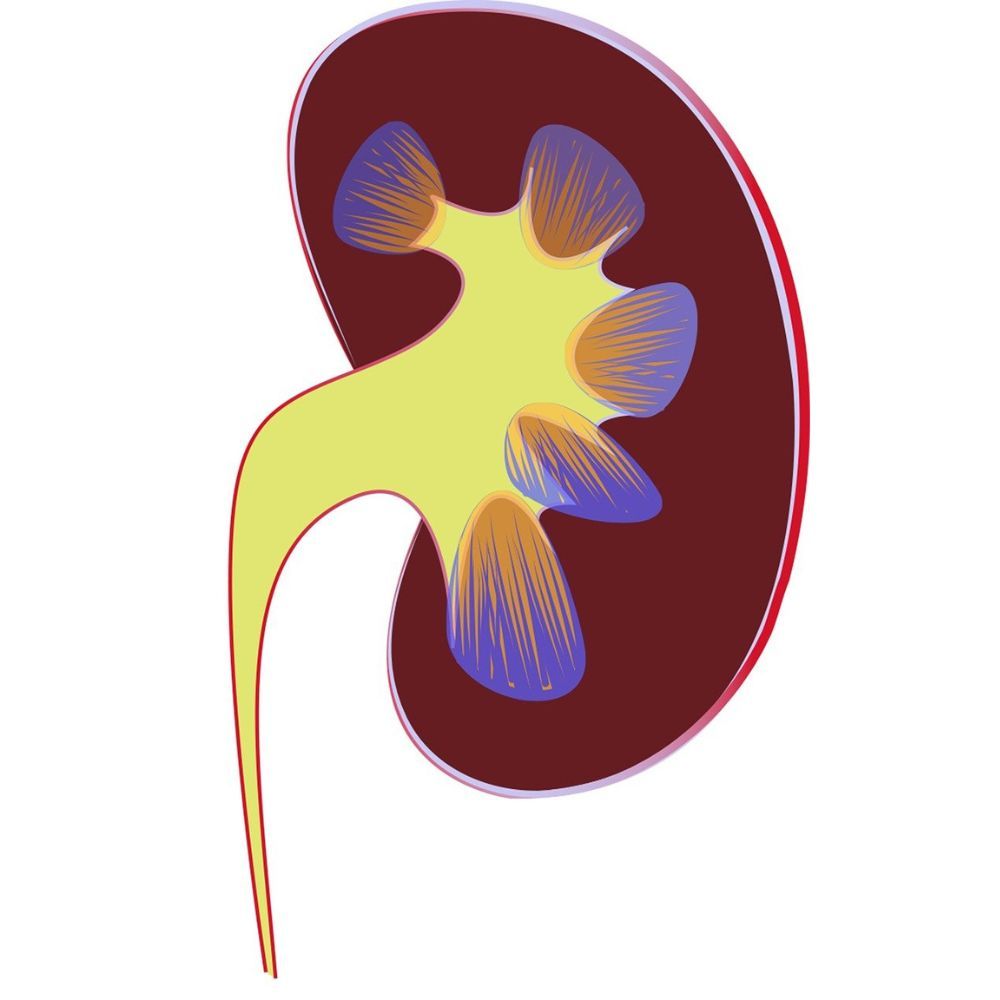Fluid and Electrolyte balance

Fluid and electrolyte balance is crucial for maintaining optimal health and ensuring that our bodies function properly. Understanding the basics of fluid and electrolyte balance is essential for anyone seeking to take care of their overall well-being.
Understanding the Basics of Fluid and Electrolyte Balance
Fluid and electrolyte balance refers to the equilibrium of bodily fluids and the distribution of electrolytes within our cells and extracellular space. These electrolytes, such as sodium, potassium, calcium, and magnesium, play vital roles in various physiological processes.
Our bodies are approximately 70% water, and this fluid serves as a medium for nutrient delivery, waste removal, and temperature regulation. In order to perform optimally, our bodies must maintain a delicate balance of fluids and electrolytes.
When it comes to fluid balance, our bodies have sophisticated mechanisms in place to regulate the intake and output of fluids. Thirst is one of the primary mechanisms that signal our bodies to drink water when we are dehydrated. Additionally, the kidneys play a crucial role in maintaining fluid balance by adjusting the amount of water excreted in urine based on the body's needs.

Electrolyte balance, on the other hand, is maintained through a combination of dietary intake and the body's ability to regulate the levels of electrolytes in the blood. For example, sodium, which is an essential electrolyte, is regulated by the hormone aldosterone, which acts on the kidneys to increase sodium reabsorption and excretion of potassium.
Imbalances in fluid and electrolyte levels can have significant consequences on our health. Dehydration, for instance, occurs when there is a lack of fluid intake or excessive fluid loss, leading to symptoms such as thirst, dry mouth, and decreased urine output. On the other hand, overhydration can occur when there is an excessive intake of fluids, overwhelming the body's ability to excrete the excess water.
Electrolyte imbalances can also have detrimental effects on our health. For example, low levels of sodium, known as hyponatremia, can cause symptoms such as nausea, headache, and confusion. Conversely, high levels of sodium, or hypernatremia, can lead to symptoms such as thirst, restlessness, and muscle twitching.
How Fluid and Electrolyte Imbalance Affect the Body
An imbalance in fluid and electrolytes can have significant consequences on our overall health. When we experience dehydration, the body lacks adequate water to perform its basic functions. This can lead to feelings of fatigue, dizziness, confusion, and even fainting.
Dehydration is not only uncomfortable but can also be dangerous. The lack of sufficient water in the body can impair the function of vital organs such as the kidneys, liver, and heart. The kidneys, for instance, rely on an adequate water supply to effectively filter waste products and maintain the body's electrolyte balance. When dehydration occurs, the kidneys struggle to perform their job, resulting in a buildup of toxins and electrolyte imbalances.

Electrolytes, such as sodium and potassium, play a crucial role in maintaining the body's fluid balance. When these electrolytes are imbalanced, they can disrupt nerve and muscle function. Low sodium levels, known as hyponatremia, can cause cells to swell due to the indrawing of water into the cells by a process known as osmosis. This is because the electrolyte concentration in the cells surpasses that in the blood surrounding the cells causing water to enter the cells to establish a balance. This swelling can lead to symptoms such as muscle cramps, weakness, and even confusion.
Potassium, on the other hand, is essential for proper muscle and nerve cell function. When potassium levels drop too low, a condition called hypokalemia can lead to muscle weakness, irregular heart rhythms, and even paralysis. Additionally, electrolyte imbalances can affect the electrical signals in the heart which regulate our heartbeats, potentially leading to life-threatening arrhythmias.
It is important to note that fluid and electrolyte imbalances can be caused by various factors, including excessive sweating, vomiting, diarrhea, and certain medical conditions. In some cases, certain medications can also disrupt the body's fluid and electrolyte balance.
Preventing fluid and electrolyte imbalances is crucial for maintaining optimal health. Staying adequately hydrated by drinking plenty of water and consuming electrolyte-rich foods can help prevent imbalances. In cases of severe dehydration or electrolyte imbalances, medical intervention may be necessary, such as intravenous fluid administration or electrolyte replacement therapy.
Overall, understanding how fluid and electrolyte imbalances affect the body is essential for maintaining good health. By recognizing the signs and symptoms of dehydration and electrolyte imbalances, individuals can take proactive steps to prevent these imbalances and ensure their bodies function optimally.
Signs and Symptoms of Dehydration and Fluid and Electrolyte Imbalance
Recognizing the signs and symptoms of dehydration and fluid and electrolyte imbalance is crucial in order to take prompt action and prevent further complications. Dehydration occurs when your body loses more fluid than it takes in, leading to an imbalance of electrolytes, which are minerals that help maintain the balance of fluids in your body.
Some common signs of dehydration include:
- Thirst and dry mouth: When your body is dehydrated, it sends signals to your brain to increase your desire for fluids. This can manifest as a persistent feeling of thirst and a dry, sticky mouth.
- Dark-colored urine: Dehydration can cause your urine to become concentrated and darker in color. This is a result of your kidneys conserving water by reducing the amount of urine produced.
- Decreased urine output: In severe cases of dehydration, your body may produce very little urine or stop producing urine altogether. This is a sign that your body is trying to conserve as much water as possible.
- Fatigue and weakness: When you're dehydrated, your body's cells don't receive enough water and electrolytes to function properly. This can lead to feelings of fatigue, weakness, and a lack of energy.
- Dizziness and lightheadedness: Dehydration can cause a drop in blood volume, leading to decreased blood flow to the brain. This can result in feelings of dizziness, lightheadedness, and even fainting in severe cases.
- Muscle cramps: Electrolyte imbalances, which often accompany dehydration, can cause muscle cramps and spasms. This is because electrolytes like sodium, potassium, and magnesium play a crucial role in muscle function.
- Irritability and confusion: Dehydration can affect your mood and cognitive function. It can make you feel irritable, confused, and have difficulty concentrating.
If left untreated, severe dehydration and electrolyte imbalances can be life-threatening. It's important to seek medical attention if you experience severe symptoms such as:
- Rapid heart rate: Dehydration can lead to a reduction in blood volume causing your heart to work harder to pump blood, leading to an increased heart rate. If your heart rate becomes rapid and irregular, it may be a sign of severe dehydration.
- Decreased consciousness: Severe dehydration can affect your brain function, leading to confusion, disorientation, and even loss of consciousness. If you or someone you know experiences a significant change in mental status, seek immediate medical help.
- Inability to consume fluids: If you're severely dehydrated, you may find it difficult or impossible to drink fluids. This can be a sign of a medical emergency and requires immediate medical attention.
Remember, staying hydrated is essential for maintaining good health. Make sure to drink an adequate amount of water and electrolyte-rich fluids, especially during hot weather or when engaging in strenuous activities. If you suspect dehydration or fluid and electrolyte imbalance, don't hesitate to seek medical advice.
Fluid and Electrolyte Replacement Strategies
Fortunately, there are several effective strategies that can help us achieve and maintain fluid and electrolyte balance.
One of the simplest and most effective ways to prevent dehydration is by drinking plenty of fluids throughout the day. While water is always an excellent choice, there are other beverages that can be beneficial as well. Herbal teas, for example, not only provide hydration but also offer additional health benefits due to their natural compounds and antioxidants.
In addition to herbal teas, fruit juices can also contribute to fluid and electrolyte replenishment. Fruits like oranges and watermelons are not only delicious but are also high in water content, making them a refreshing choice for hydration. Furthermore, these fruits contain natural sugars and electrolytes that can help restore balance in the body.
For those engaging in intense physical activity or experiencing moderate to severe dehydration, oral rehydration solutions are highly recommended. These solutions are specifically formulated to provide the perfect balance of salts and glucose, optimizing absorption in the body and rapidly replenishing fluids and electrolytes.
While fluids are essential, it's also important to consider the role of a well-balanced diet in maintaining electrolyte balance. Consuming a diet rich in fruits and vegetables can significantly contribute to this goal. Fruits like bananas, guavas, and avocados are excellent sources of potassium, an essential electrolyte that plays a vital role in nerve and muscle function. Similarly, spinach is a great source of magnesium, which is necessary for maintaining electrolyte balance and supporting various bodily functions.
By understanding the basics of fluid and electrolyte balance, we can recognize the signs and symptoms of imbalance and take proactive steps to replenish our bodies. Whether it's through drinking an array of fluids, utilizing oral rehydration solutions, or incorporating electrolyte-rich foods into our diets, we can ensure that our bodies stay hydrated and our electrolyte levels remain in check.
Remember, maintaining fluid and electrolyte balance is not only essential for overall health but also for optimal physical performance and well-being. By implementing these strategies, we can support our bodies in achieving their full potential.
Thanks for stopping by.
BestPharmaReviews.



